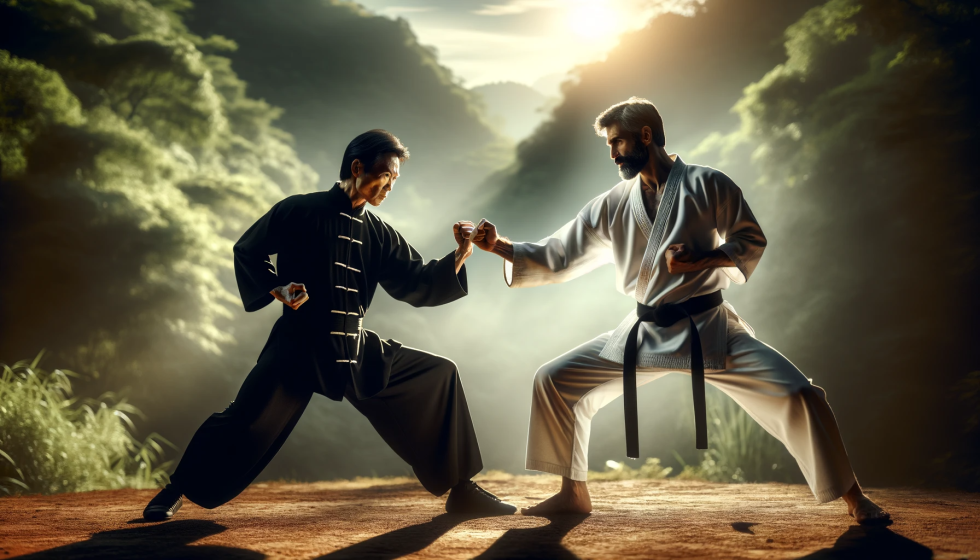Kung Fu, with its origins deeply rooted in ancient Chinese philosophy and martial traditions, is a time-honored practice that has captivated people around the world. In this article, we explore the rich history, philosophy, and techniques of Kung Fu, shedding light on its enduring appeal and transformative power.
1. A Legacy of Tradition: Kung Fu, also known as Wushu or Chinese martial arts, traces its origins back thousands of years to the monasteries and temples of ancient China. Developed by monks and scholars seeking spiritual enlightenment and physical discipline, Kung Fu became a comprehensive system of combat techniques, encompassing striking, grappling, and weaponry. Over time, Kung Fu evolved into a diverse array of styles and schools, each with its own unique techniques, philosophies, and training methods.
2. Philosophy and Principles: At the heart of Kung Fu lies a deep philosophical foundation rooted in Daoist and Confucian principles. Central to Kung Fu philosophy is the concept of “wu-wei,” or effortless action, which emphasizes the cultivation of inner strength, harmony, and balance. Practitioners of Kung Fu strive to embody virtues such as discipline, humility, and respect, both on and off the training mat. Through rigorous training and self-reflection, Kung Fu practitioners seek to attain mastery not only of martial techniques but also of the mind and spirit.




